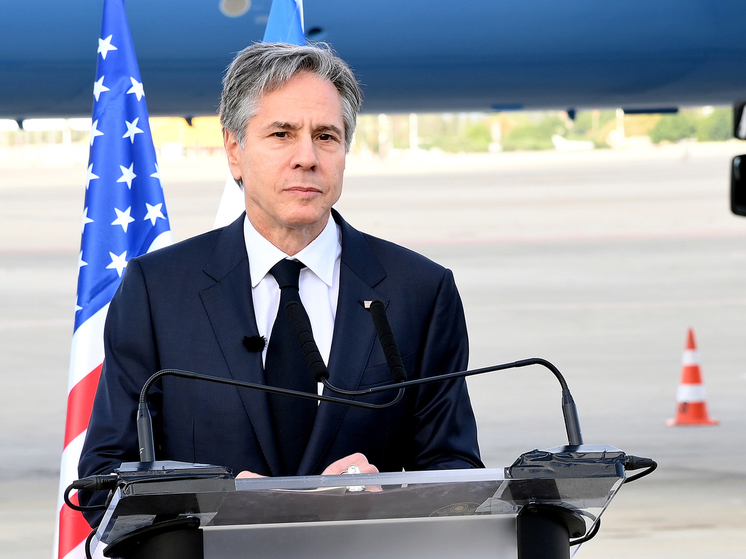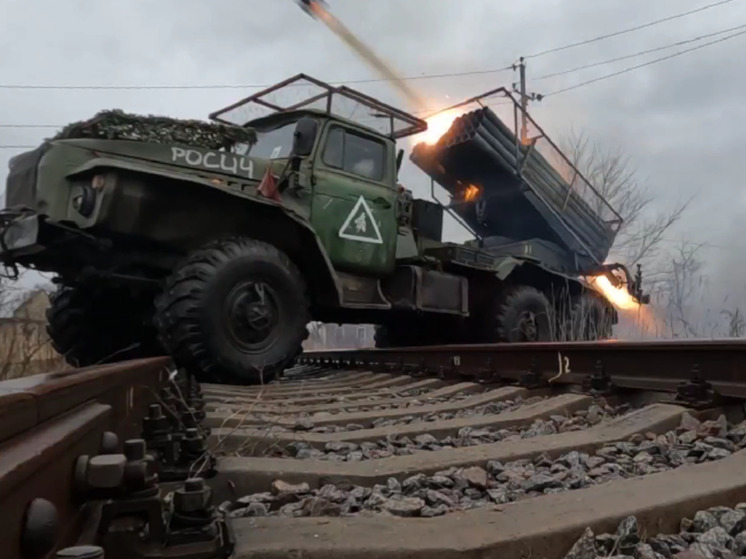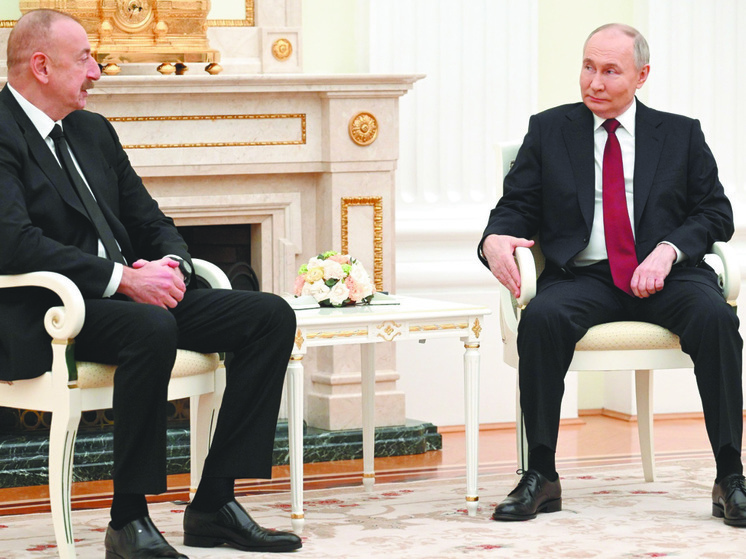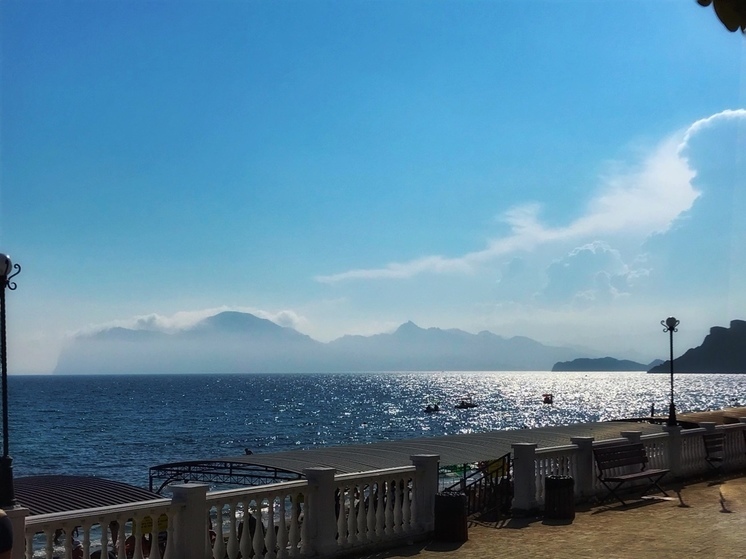The Kremlin has turned out to be interested in accelerating this process, as higher economic weight of Russia in those countries would allow Moscow, if applied correctly, to enhance political influence of Moscow on local elites.
Enhanced activities of Russian companies in the ex-Soviet republics could be divided into two stages. The first one started back in the beginning of the 1990s and included mainly expansion of oil holding companies that acquired interests in prospective exploration and development projects. The next period started in the mid-1990s and reflected increased interest of the Russian business in production and transport assets of the ex-U.S.S.R. republics.
The new wave of Russian economical expansion in the post-Soviet areas is quite often supported by Russian military presence in these countries. We could outline three virtual zones where penetration of Russian companies is based on the Russian troops deployed in the region. Those are Western zone (Ukraine, Belarus and Moldova), Transcaucasia (Georgia, Armenia, Azerbaijan), and Asia (Tajikistan, Kazakhstan, Kyrgyzstan).
Western Zone
Active penetration of Russian capital into this region is presupposed by its close location to the European market, Euro-Asian transit lines, and availability of developed industries and qualified labour force.
Ukraine stands alone among the Western zone states. The Russian capital is presence is the biggest here and is steadily growing. Probably, it could be explained by the fact that so far no one is really going to admit Ukraine into NATO, despite all previous European promises. In fact, Ukraine budget cannot afford lump-sum costs, unreal for it, required to bring the Ukrainian military infrastructure in compliance with NATO standards ($20-25 billion). Moreover, Kiev has already realized that adherence to NATO will not guarantee its adherence to the EU. At the same time the Ukrainian power industry totally depending on Russian hydrocarbons and Moscow trying to build pipelines bypassing Ukraine made Kiev reconsider its attitude towards participation of Russians in purchase of Ukrainian companies.
Today Ukraine is at crossroads: Russian capital enables its economical growth, but postpones opportunities of close integration with EU countries. This predetermines indecision of Kievs political behaviour between the eastern and the western trends, including new speculations concerning the main Black Sea naval base in Sevastopol. However, such indecision is not likely to hinder further expansion of Russian business.
Belarus situation is completely different. Previously, against the background of controversies between Russia and Ukraine, Belarus seemed to be the foremost fortress of Moscow at the European frontier, but at present Alexander Lukashenko, who has rejected the principles of a federated state proposed by Russia, has turned out to be isolated. Relations with the Kremlin are spoiled; the EU still refuses to admit legitimacy of the presidential election of Lukashenko. Mechanically, Lukashenko continues building an autonomous Soviet-like economics; however, his efforts to isolate the country from integration processes and Russian investments would just aggravate the crisis.
As to Moldova, the Communists, after they have come to power there, have realized that they have no chance to reunify with Romania and enter the EU as part of this country, and have declared themselves friends of Russia. However, in the end of 2003 the Moldovan president Vladimir Voronin refused to sign the Memorandum on settlement of the Transdnistrian conflict already previously agreed by all parties. And Transdnistria actually represents the entire operating industrial potential of the country (about 40% of GDP). Trying to solve the external debt issue (over $1 billion), Chisinau has repeatedly tried to settle with its European creditors using shares of independent Transdnistrian enterprises. In reply, Tiraspol steadily sells out its assets to Russia and Ukraine. The guarantee of long-term security of Russian-owned property in Transdnistria is the presence of Russian peacekeeping forces, and Tiraspol is ready to resist their withdrawal ad infinitum.
Transcaucasia
Almost all local political events are related to some extent to oil. The essence of geopolitical games here lays in the competition of two transit directions of Azerbaijan hydrocarbons. Oil export from Baku has been historically controlled by Russia. So far most of it is still transferred via the Baku-Novorossiysk pipeline making a round of Chechnya. Nonetheless, Western oil companies operating in Azerbaijan have their interests in diversification of oil traffic routes. Already now the Baku oil is partially transported to the Georgian port of Supsa, and then in tankers to the world markets. At the same time, the Baku-Tbilisi-Jeyhan (BTJ) pipeline is under construction. This project implemented by a consortium of Western companies that develops Caspian deposits Azeri-Chirag-Guneshli, enjoys every possible support by Azerbaijan, Georgia, Turkey, and the U.S.A.
Confrontation in this struggle for control over Transcaucasian oil export lasts for many years. The region is in fact divided into two competing groups. The first one comprises the Russian Federation, Armenia, and Iran, which does not wish Azerbaijan, Turkey and Georgia, and, consequently, U.S. positions in the region, to get stronger. Both groups have certain just-in-case arguments, i.e. conflict areas controlled by them. For Russia it is Nagorno-Karabakh (Azerbaijan), Abkhazia and Ajaria (Georgia). Its rivals have Dagestan and Chechnya. Instances of use of these areas coincide in a strange way with political events in the region countries. Thus, the 1996 rapid armistice in Chechnya that contradicted the election campaign of Boris Yeltsin (who was to lose the votes by the military) coincided with the startup of the Baku-Novorossiysk pipeline. Then, following the incursion of Basayevs combatants to Dagestan in AugustSeptember 1999 (that failed to burke the proposal by Russia to transport oil from Baku bypassing Chechnya), the U.S.A., Turkey, Azerbaijan, and Georgia signed in Istanbul an agreement on construction of the BTJ pipeline. Finally, the mysterious incursion and death of most experienced, as the Russian military experts affirmed, Chechen combatants in Dagestan in the end of 2003 coincided with the decision by investors to approve the credit agreement to finance the BTJ pipeline.
The historic rivalry between Russia and Turkey over influence on Transcaucasian countries and cold war of Azerbaijan and Armenia for Nagorno-Karabakh has also marked these processes. Baku strengthens its positions by appealing the U.S. with joint oil projects, and Armenia builds up its military capacity through use of the Russian military base in Gumri and purchase of state-of-the-art weapons.
It is Armenia that still remains the most reliable Russian ally in Caucasus, though the conflict with Azerbaijan has imposed on Yerevan a political and economic blockade from Baku supported by Ankara. Today the bulk of products go to the country via Georgia and Iran. Besides, Armenia has no mineral or hydro resources to produce energy. In this context the Russian Federation has turned out to be a natural economic ally of Armenia, who guarantees renewal of nuclear fuel for Armenian nuclear power plant and deliveries of gas to its thermal power plants. To pay its debts Yerevan transfers to Russia equity stakes in its enterprises.
Among Transcaucasian states, Azerbaijan, with its important hydrocarbon resources, has the greatest potential for economic development. However, the same resources destroy other republican industries. Just to mention that over 2 million of its nationals are employed in Russia, and the amount of money annually transferred by them to their home country totals $2 billion.
Suffering from the dependence of its economic welfare on the position of Moscow, Baku started implementing its own projects for hydrocarbon production and transit in the beginning of the 1990s, given that development of Azerbaijan fields is the principal target of Russian companies, or, more precisely, of one company: LUKOIL. As to the military presence, Moscow holds on lease the Azerbaijan missile warning system station in Gabala. If the station is lost, there will be nothing to make up for it.
The 2004 main intrigue in Azerbaijan is arrival of mobile task force of the U.S. Army, already announced by Baku and Washington. Though it seems that, in reality, Azerbaijan will get full-fledged American military bases that will stay there on a temporary basis (that is, as long as they can).
Increased geopolitical value of another Transcaucasian country, Georgia, is related to the fact that only Georgian support would enable Turkey to get access to Caspian oil and gas resources.
The BTJ and Baku-Tbilisi-Erzurum pipelines will allow Ankara to reduce its dependence on hydrocarbons from the Middle East and destroy the Russian Blue Stream gas pipeline project. Georgia itself has turned into a transit territory with an agricultural economy. The policy of its former president Eduard Shevarnadze aimed at restoration of the country as an element of the Great Silk Way has generated leading-strings mentality in the population. As a result, the local economy is almost paralyzed.
Today relationship between Georgia and Russia are spoiled by their argument over the Russian military bases that Tbilisi is trying to get rid of with the support of European countries and the U.S.A. But Georgia has direct access to the Black Sea, which is vital for the Russian army and fleet after the loss of Crimea. Accelerated rapprochement between Tbilisi and NATO would not be welcome by Russia at all.
Despite sharp political declarations by new Georgian president Mikhail Saakashvili serious aggravation of the situation is not likely. Total support by the population makes Saakashvili try to achieve positive economic results as soon as possible. Given the total dependence of Georgia on Russian power and gas supplies and penetration of Russian business into the Georgian energy business, Tbilisi will not take any apparent anti-Russian steps. Nor will it take any drastic measures in respect of its autonomous republics: Abkhazia, South Ossetia, and Adjaria. Not only because of presence of the Russian military bases and peacekeeping forces. Let us bear in mind that the BTJ construction has come to its final stage. The Georgian management needs a calm political situation in the autonomous republics, especially in Adjaria through which go the most important transit ways. According to this logic, the Georgian government should achieve higher personal income and lower unemployment. This means that we can expect the Georgian authorities to develop a program for attraction of foreign (Russian) investors.
Asia
The main external players in this zone are Russia, Turkey, Iran, China, and the U.S.A. Still none of these countries has attained any real success in the region. The Central Asia is an intricate bundle of internal regional contradictions and disproportions: overpopulated Uzbekistan neighbours vast and under-populated Kazakhstan; Uzbekistan is vitally dependent on water resources of its neighbours, while Kyrgyzstan, Tajikistan and Southern Kazakhstan depend on Uzbek gas; territorial claims of Central Asian countries to each other; etc.
These and other factors combined with authoritarian style of local governors and corrupted bureaucrats make it difficult for any competing external forces to become dominant in the region. For this reason direct military presence and/or regular financial support of active political regimes will remain the most effective instruments of influence on regional processes for a quite long period.
Kazakhstan possesses the greatest economic potential in this zone. About 80% of all Western investments in the region accounts for the economy of this country growing at an annual rate of 10% over the past years. Still the lions share of such investments has been made in the fuel and energy complex that will remain the principal drive of economic growth. Consequently, Astana will further orientate itself to a close integration with Russia that transports the largest part of Kazakh oil. Long-term geopolitical tasks of Russia in this republic will be mostly related to maintaining allied relationship with Kazakhstan, fighting drug traffic and opposing deployment of NATO military bases.
On the other hand, allied relations between Russia and Tajikistan are being tested for durability. After NATO has come to the region, Dushanbe has changed its external policy. Defeat of the Talibs in Afghanistan has diverted the danger of mujahideen incursion to Tajikistan and that has diminished the importance of the presence of Russian military forces in the country. Moreover, now Dushanbe supposes that estimated cost of rent for deployment of Russian military facilities amounts to about $150 million per year. Moscow has promised to consider these conditions after Tajikistan transfers controlling blocks of shares in some industrial assets in repayment of its external debt to Russia ($300 million). After a flat refusal to do it, the signing of an agreement on the Russian military base has been postponed for an indefinite period. So, it is too early to speak about rapid and successful installation of Russian companies in the business life of Tajikistan. Furthermore, while the initial government plan concerning privatization of Tajik enterprises provided for special approach towards Russian investors, already in November 2003 Dushanbe emphasized participation of other foreign (non-Russian) companies.
Unlike its neighbours, Kyrgyzstan has not drawn the attention of the main geopolitical players in the region for a long time because of its low economic potential and lack of important natural resources. Additionally, production, process and power generating infrastructures are underdeveloped in the republic. The attempt of current president Askar Akayev to conduct economic reforms under the control of IMF and the World Bank has led to an industrial collapse, pauperization and an external debt of $2 billion.
By the end of the 1990s Bishkek broke relationships with Moscow by joining WTO and breaching its obligations to Russia under the Customs Union. But in 1999 combatants of the Islamic Movement of Uzbekistan invaded Batken region of Kyrgyzstan. Russia helped Kyrgyzstan with armaments and ammunition. The threat was eliminated. After that event Bishkek has reconsidered its attitude towards Russia and the Collective Security Agreement between the countries. However, after the beginning of the counterterrorist operation of the coalition in Afghanistan Kyrgyzstan, like Uzbekistan, rushed to lease its only international airport Manas to NATO and received over $100 million for that in 2002.
In 2002, Bishkek, speculating on rivalry between Russia and the U.S.A., started consultations with Moscow on deployment of a Russian military base at the former Soviet airfield Kant. In 2003, Moscow signed an official agreement on deployment of its military base there due to a great extent to relationship with Dushanbe getting more complicated and to the desire to obtain a foothold to control air space in the Central Asia.
Useless to resist?
Experts say that in the next future Russian companies will only further enhance their economic expansion to the ex-U.S.S.R. countries.
First, Russia has actually finished consolidation of major industrial holdings (the oil-and-gas food processing, engineering, metallurgic, telecommunications, and other industries) that has enabled companies to reduce their internal costs and increase their turnover and profits.
Secondly, favourable external economic conditions and steady economic growth of Russia have allowed many companies to accumulate important funds, which can be used to purchase assets both in ex-Soviet republics and in other foreign countries.
Thirdly, the forthcoming entry of Russia into WTO will open our domestic market to powerful transnational corporations; and Russian holdings will have to enter into a tough competition with these corporations. Consolidation of companies and purchase of new assets, first of all, in the posts-Soviet areas (as domestic Russian assets have almost completely been distributed) will enhance stability and competitiveness of the Russian business.
We can consider as an indirect evidence of the increased activity of Russian capital in the former U.S.S.R. republics statements of top managers of several companies relating to transactions planned by them: so, in late 2003 early 2004 the management of United Energy Systems of Russia, Gazprom, Rostelekom, Ingosstrakh, RESO-Garantiya, Wimm-Bill-Dann and several others have declared themselves interested in purchase of property in ex-Soviet republics.
It should be noted that the Russian business also pays its attention to those former Soviet republics where no Russian troops are deployed. Among five of such states Turkmenistan, Uzbekistan, Latvia, Lithuania and Estonia the most popular are the Baltic countries where Russian companies are mostly present in the transport and processing industries and in the financial and real estate sectors.
As to Turkmenistan and Uzbekistan, Russian companies are especially interested in joint projects for development of promising hydrocarbon deposits and in the purchase of refining facilities.





















